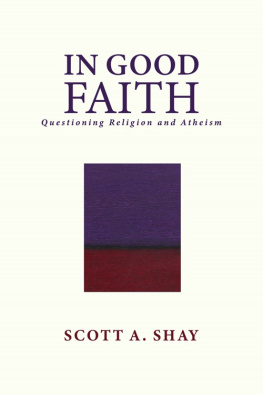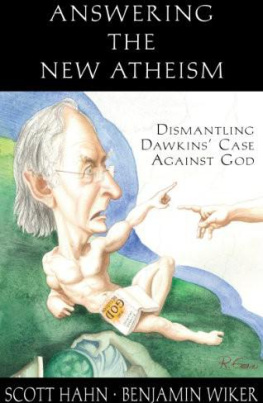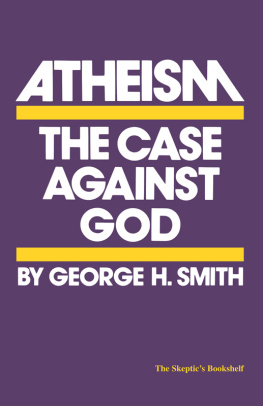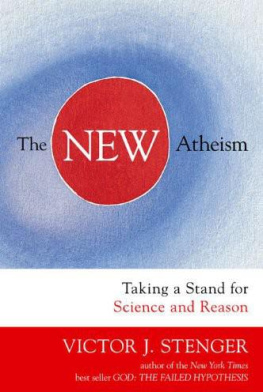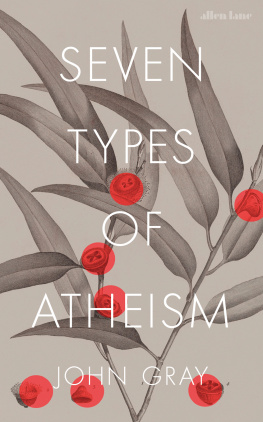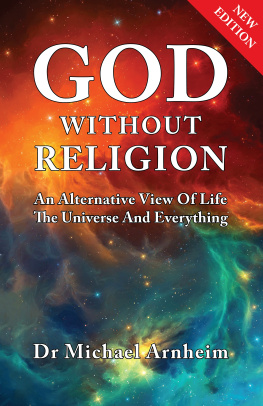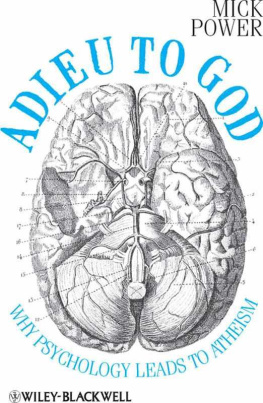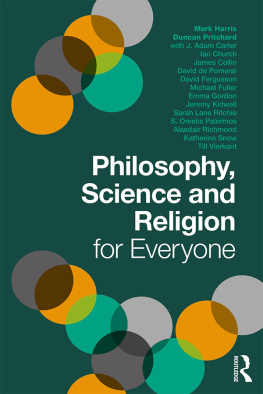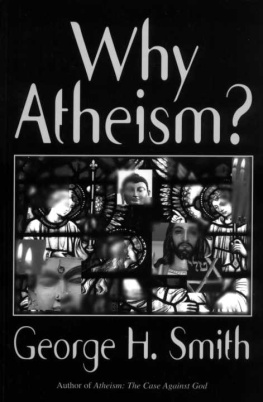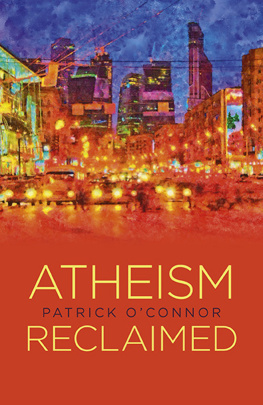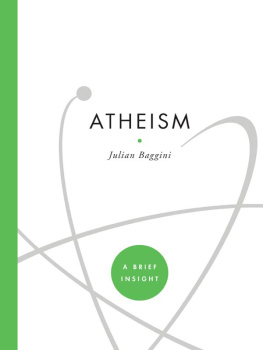Chapter Thirteen
A Path of Inspired Insight
Although Gnostics have always been a diverse and non-dogmatic lot, Bishop Hoeller provides a list of points on which most would agree:
There was an original realm of spiritual unity, the Pleroma or Fullness, the place of the Transcendent God. He (the male pronoun is used here out of tradition) caused the creation of aeons, emanated powers to assist him (these can be understood as entities more powerful than angels or as extensions of the Absolutes attributions).
The material universe was created by a being known as the Demiurge, due to a cosmic accident involving Sophia or Wisdom, the aeon furthest removed from the Absolute. The Demiurge denies the existence of a higher reality and, assisted by lesser beings he created, archons, placed us on earth with our divine spark (or spirit) trapped in the body and the mind (called the soul). Modern Gnostics feel free to take these events as literal or symbolic.
We usually lack conscious awareness of this divine spark, but may be awakened to gnosis by Messengers of Light representing the Transcendent God and through our own efforts. This insight liberates the spirit to eventually reenter and remain in the Pleroma.
At first glance, these ideas may seem no more credible than any creed espoused by other religions. However, there is not only the offer of direct experience of their truth through gnosis, but a powerful logic.
Smoley, who was the editor of Gnosis magazine, explains the difference between this intuitive knowledge of our spiritual dilemma and the born-again Christian experience:
Evangelical Christians may claim that gnosis is a nebulous substitute for a personal relationship with Jesus Chris. Certainly, it is possible to have a living experience of Christ, or of other great masters and teachers who are no longer living on the physical plane; such experiences are far too numerous and well documented to be casually dismissedThis leads us to ask just what it is that people are experiencing when they are born again.
The believer creates a mental picture of Jesus from what he knows from reading the Bible or going to church, the mind then makes this picture come to life (which it can easily do), and then he has a relationship with what amounts to little more than an imaginary friend.
The cognitive awakening of gnosis is usually a gradual process, rather than a single, transformative vision. This liberation of the true I from the world does not make moral behavior irrelevant; it makes it easier. Detachment from externalities makes it easier to love ones fellow humans, because one is then free from wanting things and nursing hidden agendas.
It is worth noting that while Gnostics do not have a set of commandments engraved on stone tablets, they do think they should follow the fundamental ethical teachings of Jesus, which Robinsons analysis extracts (not the sort of things that get much emphasis among evangelicals, like helping the poor).
Smith, who is the editor of The Gnostic: A Journal of Gnosticism, Western Esotericism and Spirituality, wrote:
True gnosis is direct knowledge of the Self and the truth about the universe. Knowledge of oneself becomes knowledge of God, because the deepest and highest part of us is akin to the divine. Gnosis is connected to the modern spiritual and psychological concept of consciousness. Some writers have coined terms like superconsciousness
Gnostic teachings provide us with a meaningful intellectual structure that explains life on earth and also provides techniques by which we might experience these moments of illumination once again. This is gnosisthe direct experience of higher reality and of the divine self, accompanied by knowledge of what is being experienced, the importance of the experience, and its relationship to the rest of the universe.
And what techniques can lead to awakening, preferably learned from someone who has undergone the experience? Among them:
Study and contemplation. The intent of the sayings of Jesus in the Gnostic scriptures seems similar to that of Zen koans, wrote Hoeller. They are not so much designed to convey information as they are calculated to cause spiritual transformation in the disciple. And reading what scholars have to say about the meaning of scriptures can help offset the traditional misconceptions, laying the groundwork for spiritual enlightenment.
Prayer to the Transcendent God (paradoxical though it may seem to ask for enlightenment and blessings from an Absolute, mystics ask us to trust that this works). Also, according to ones tradition, other guidance could come from Jesus, aeons, angels, and ancestors.
Meditation.
Fasting.
Rhythmic breathing.
The Eucharist or sacramental meal (the blood and body have different meanings than for mainstream Christians, who believe Jesus physical suffering was important). Those who are psychically sensitive have reported sensing the spiritual energy rise while this mass is being performed.
Other sacramental rituals, such as baptism and anointing.
Use of incense accompanying ritual.
Chanting.
Singing hymns.
Sacred dancing.
Anything which aids knowledge of oneself leads towards God. Thomas quoted Jesus: When you know yourselves, then you will be known and you will understand that you are children of the living FatherWhen you bring forth what is within you, what you have will save you.
Why There Is Suffering
We come back to the fundamental question of why we are on earth. Are any of the traditional answers adequate?
Christians, Jews, and Muslims are committed to the concept that God is all-powerful, all-knowing, and created all things. Because scriptures say God is good and he declared his creation of the earth and its population good, they have to insist they he has no responsibility for suffering
The best they can come up with to explain suffering is that this gives us a chance to grow. Never mind that there is little proportionality between the massive pain and the lessons learned.
Fundamentalists also insist that their version of God must be accepted or the heretic deserves eternal damnation, including the billions who died before this religion was available. Yet why should embracing something on faithwith all the confusing choices in a particular culturebe the basis for eternal reward or punishment?
The East offers answers that are only superficially more appealing. If one takes the extreme metaphysical monist philosophers of Buddhism and Hinduism seriously, we are only imagining our individual existence.
This view, that suffering is illusion, is shared by Christian Science and the popular New Age text The Course in Miracles. It is a good thing that none of them were making decisions for the Allies during World War II, which turned out not to be a phantom.
Dualism is another possible explanation for the state of the world. In this case, I am not referring to metaphysical monism, which insists that God is actually all things (the Advaita position), while a dualist would say God created the universe of a substance other than himself (the orthodox Christian view).
I am, instead, referring to whether God is all-powerful. If there is no countervailing power to God, if he created everything, he is responsible for the tendencies of his creatures. That is moral monism.
But Manichaeanism, the most stark form of moral dualism, states that there has been an eternal conflict between the Father of Light and the Father of Darkness. We have fallen into the material world and our job is to get back to the light. This has the benefit of not being burdened with trying to explain why a personal God intentionally put us into a world of massive physical and emotional suffering.
However, it does not explain how these opposed powers arose, but perhaps the Mormons are right that intelligence or consciousness has always existed and the gods always found it to be a mixture of good and evil.
Next page

